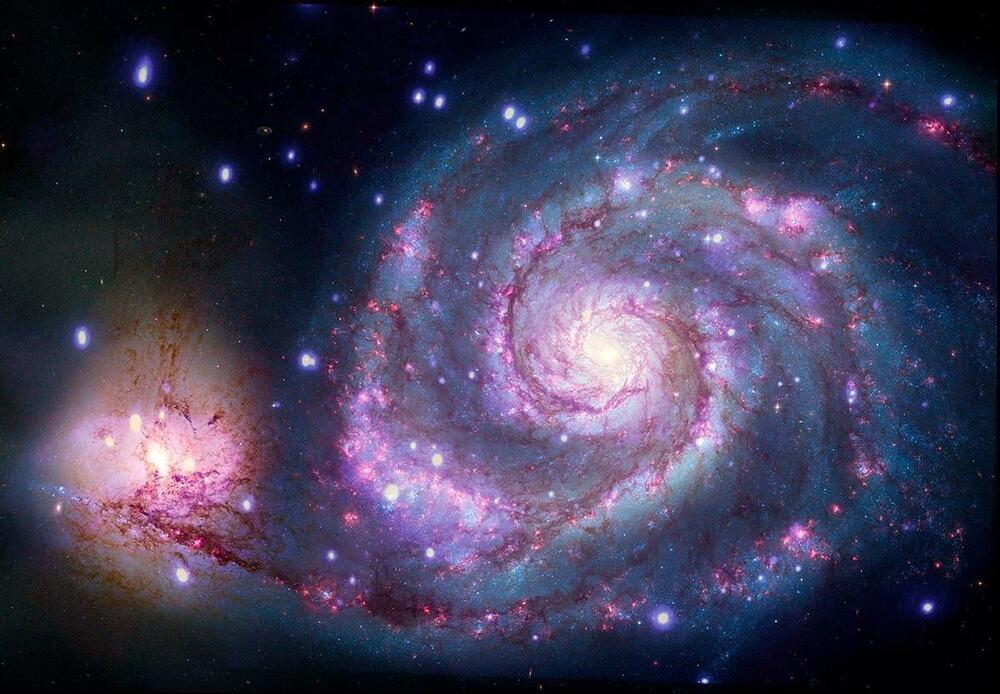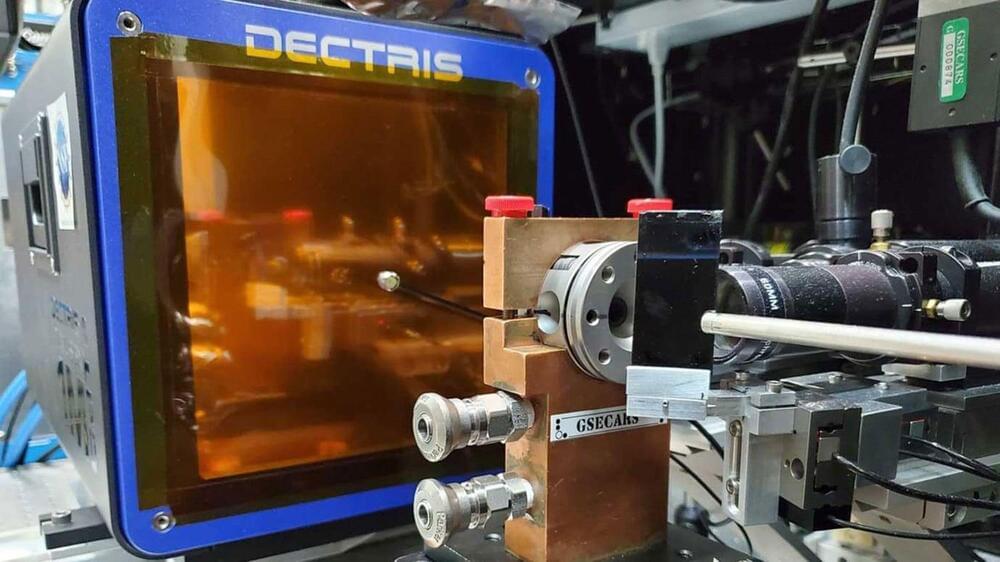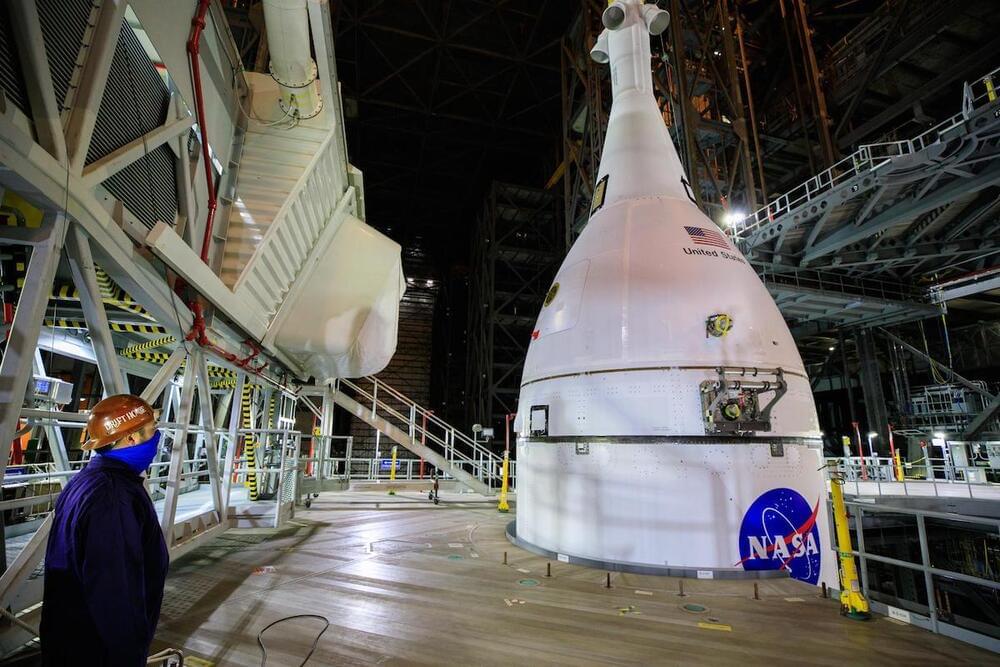Mars, International Space Station (ISS), Space tourism, One person spacecraft, Satellite servicing, Space repair, Asteroid, Phobos, Manned Maneuvering Unit (MMU), Space suit.




A NASA telescope might have found the first ever planet outside of our own Milky Way galaxy.
If confirmed, the world would be thousands of times further away than the many exoplanets we have found in our own galaxy so far.
Scientists were able to do so using NASA’s Chandra X-ray Observatory, using techniques that could allow for the search for other worlds to dramatically the amount of space it is able to scan.

Alfredo Munoz — Digital Twins of Martian Cities as a new frontier for Space Analogs.
From the 24th Annual International Mars Society Convention, held as a Virtual Convention worldwide on the Internet from October 14–17, 2021. The four-day International Mars Society Convention, held every year since 1,998 brings together leading scientists, engineers, aerospace industry representatives, government policymakers and journalists to talk about the latest scientific discoveries, technological advances and political-economic developments that could help pave the way for a human mission to the planet Mars.
Conference Papers and some presentations will be available on www.MarsPapers.org.
For more information on the Mars Society, visit our website at www.MarsSociety.org.
#MarsSociety #MarsSocCon2021
As a scientist at both NASA and JAXA, James O’Donoghue has studied the planets. In his free time, he makes award-winning animations of them.
On October 1 2021, the joint European Space Agency (ESA) and Japan Aerospace Exploration Agency (JAXA) BepiColombo spacecraft successfully performed its first flyby of the solar system’s innermost planet, Mercury. The flyby is the first in a set of six such events BepiColombo will complete before entering orbit around Mercury in late 2025.
Following the flyby, initial science returns from different instruments onboard BepiColombo revealed interesting details about the environment surrounding Mercury, as well as details on the planet itself.
Scientists have long known the fate of our solar system – and likely the fate of Earth itself. Our Sun will eventually become a red giant and swallow Earth.
Like the Stanford Torus, the O’Neill Cylinder, and the Generation Ship, the Space Elevator is one of those ideas that keep popping up! Just when you think scientists and engineers have given up on it, there’s a new round of theoretical studies that assert how it could be done. You might say that the Space Elevator is an idea that’s too good to let go of.
Considering the benefits involved, this should come as no surprise. Granted, the cost in terms of money, resources, and time would be considerable, as are the engineering and logistical challenges involved. But for the one-time price of creating this megastructure, we would be able to realize space-based solar power, habitats in orbit, cities on the Moon and Mars, and more!
Full Story:
Thanks to recent advances in materials science, Space Elevators have become somewhat feasible at last.
Like the stanford torus, the o’neill cylinder.
